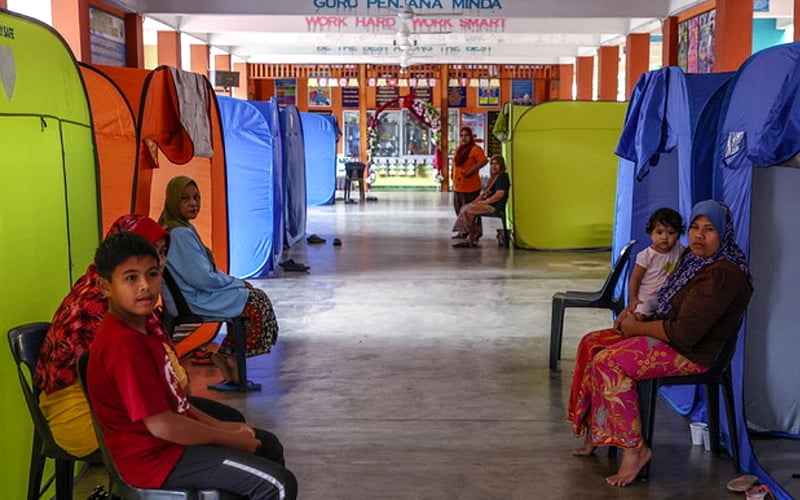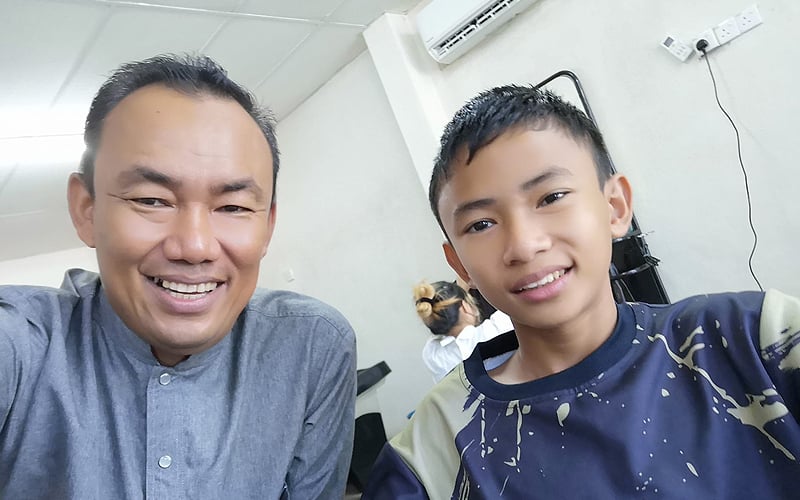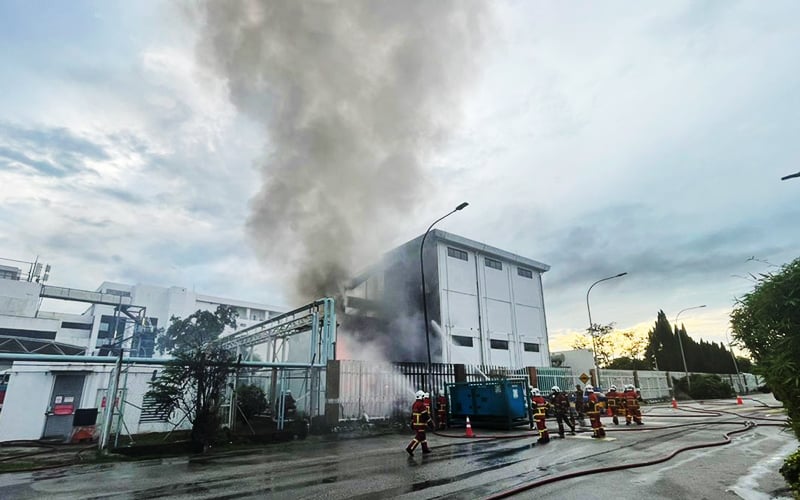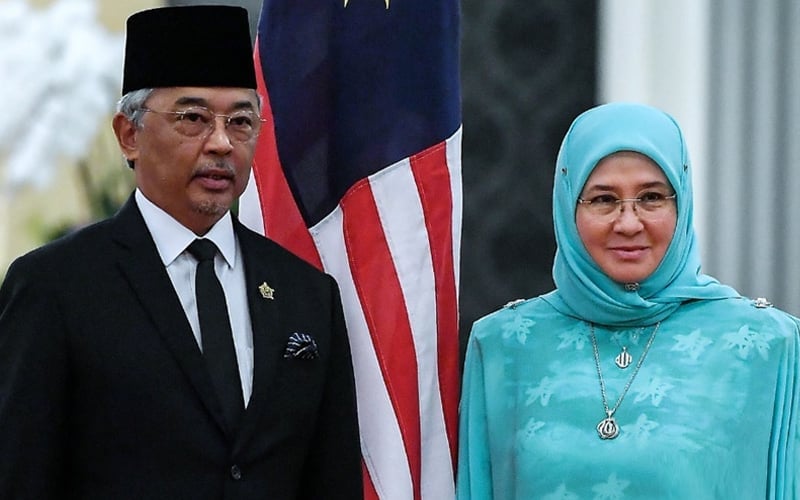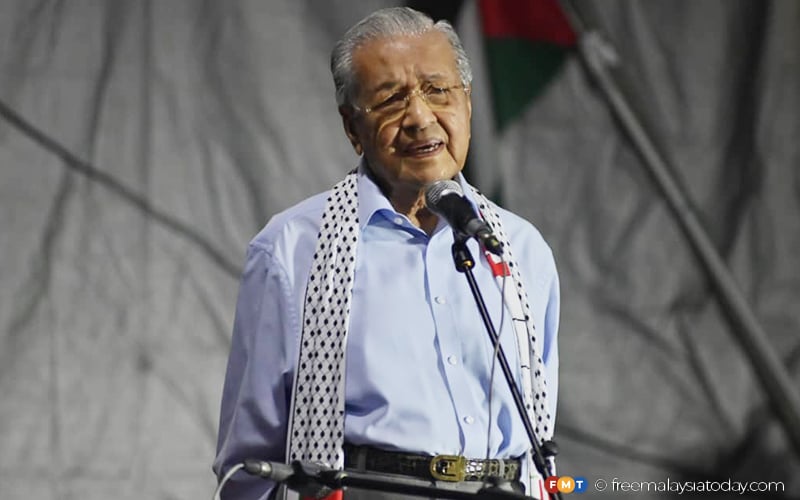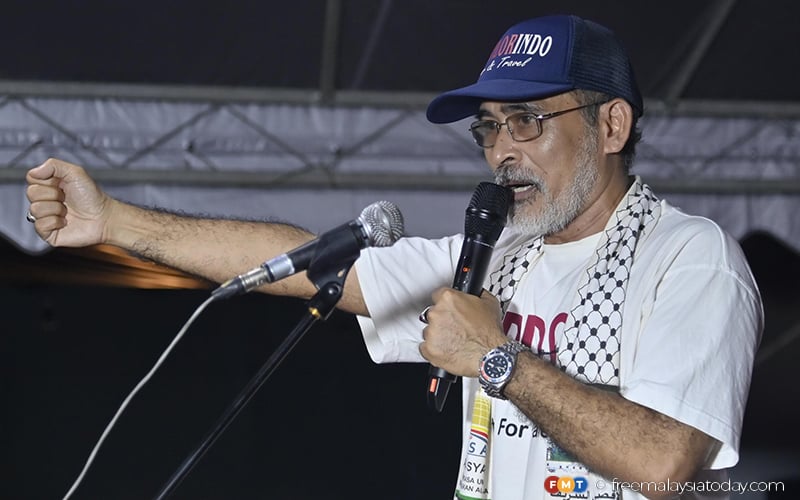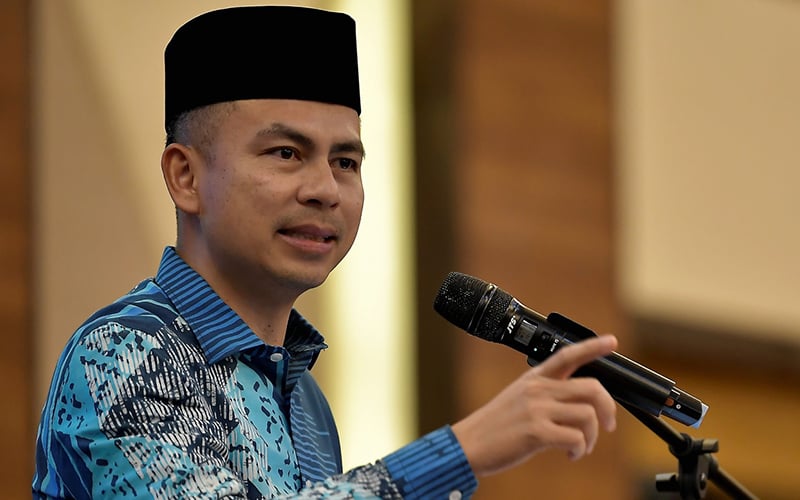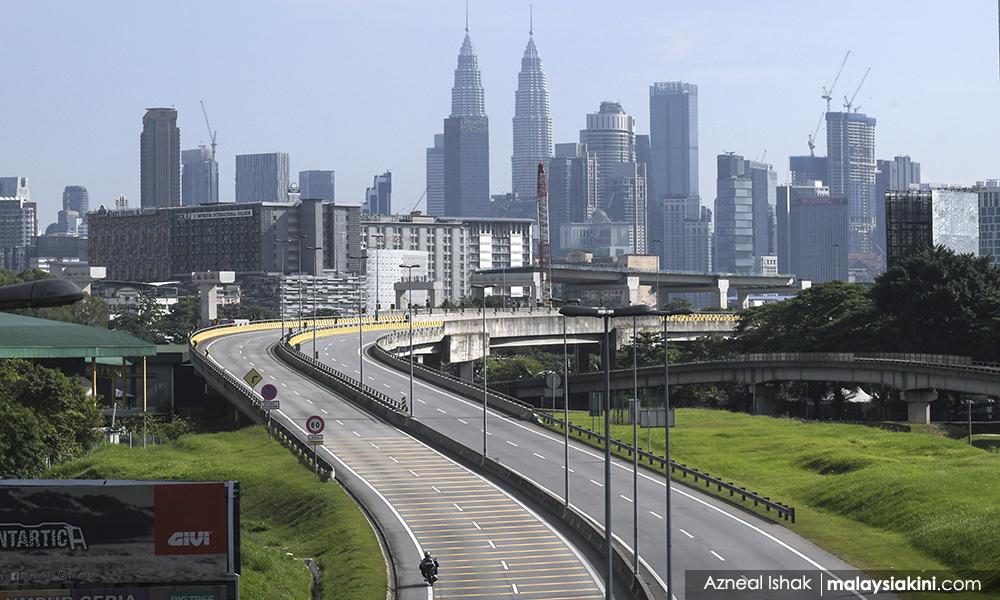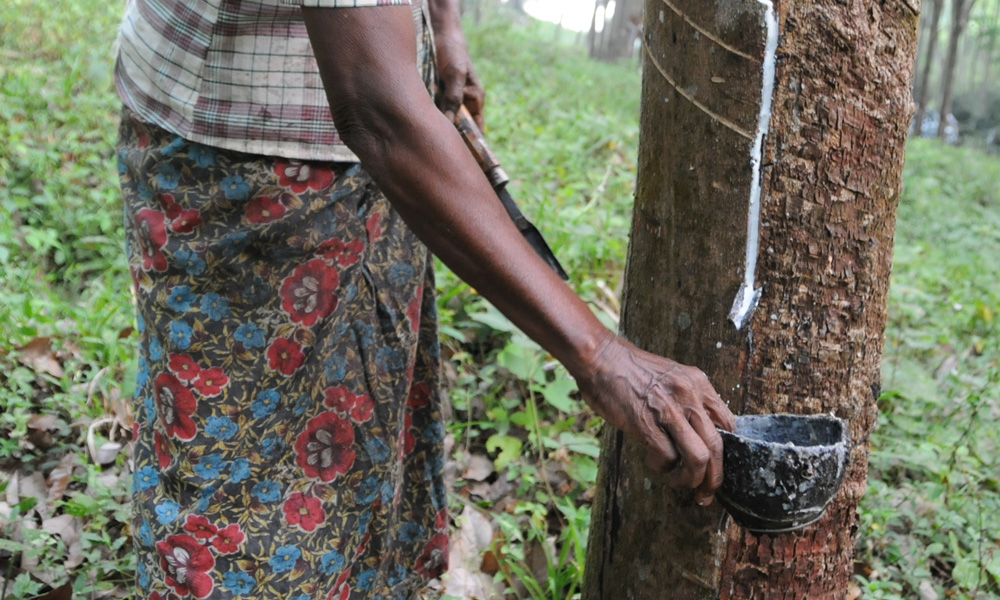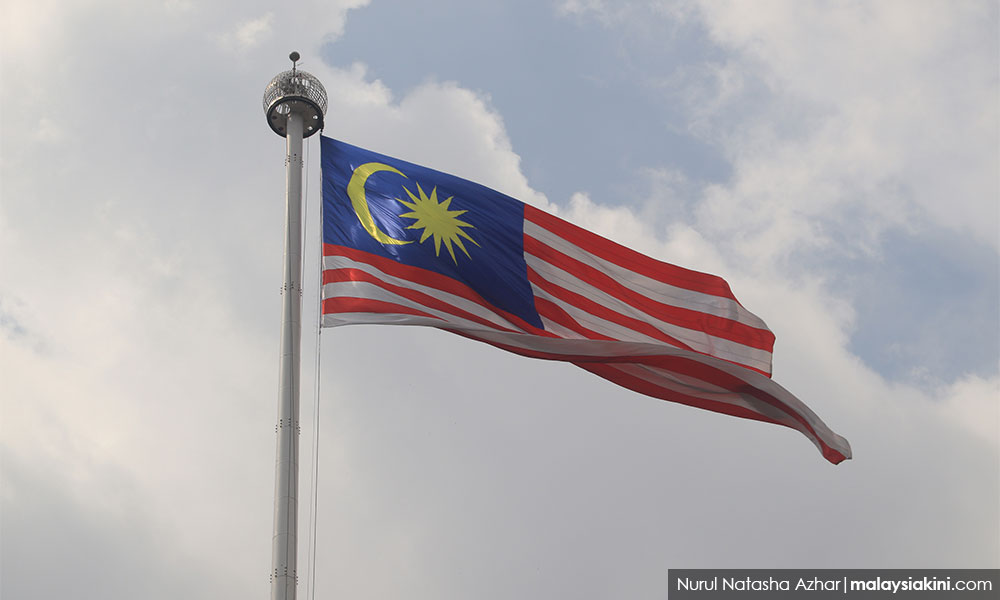Last month, one of Malaysia’s pioneer generations passed on. Kuantan-born Ramesh Chander was Malaysia’s first chief statistician at the age of 28.
He lived a rich and meaningful life until the age of 88. In his career, he helped to build Malaysia’s statistical foundation notably with the 1970 census and shaped the New Economic Policy (NEP).
At the World Bank from 1977 through 1996, Ramesh (above) was pivotal in creating the World Development Indicators, national account systems and measures of living standards.
Known for his statistical contributions, what is less appreciated is his deep commitment to Malaysia as a development economist. Through engagement, knowledge-sharing (often inter-generational) and the occasional commentary, Ramesh worked to strengthen Malaysia’s economy, pushing for needed reforms.
He was a cherished friend and mentor. In the weeks before his passing, we met as we often did over two-plus decades to discuss and debate. The subject of the day was almost always, Malaysia.
Throughout his life, Ramesh never gave up hope for a stronger country, always looking for solutions. He avoided the bitterness of many of his generation and focused on broader reforms rather than personalities.
On our last day of in-person conversation, we spoke of writing another article together. Unfortunately, he was soon hospitalised, so this column, at the end of the year, shares many of the points we discussed in his memory instead.
Getting out of old development modes
An avid reader of reports (believing that the details, data and how they were gathered matter), Ramesh started with a discussion of the mid-term review of 12th Malaysia Plan and Budget 2024. His two main concerns were revenue and the lack of a new development trajectory.
As earlier governments have done, the revenue projections were seen to be too optimistic, and the base for revenue was inadequate. He worried about the social impact of raising taxes on consumption and an unwillingness to grapple with the narrowness of Malaysia’s tax base.
His main concern, however, was the continuation of project-driven development, as laid out (and continued in the review) in the 12th Malaysia Plan.
He argued that the time for five-year plans was over, that they were reinforcing the patronage culture deeply embedded in the nexus of politics and economy.
Ramesh had long held that Malaysia had not fundamentally addressed the underlying causes that contributed to the Asian Financial Crisis of 1997-1998, and that the pattern of growth that prioritised government spending over a more competitive private-sector-driven economy was undercutting Malaysia’s prosperity.
A new poverty trap
He praised the greater attention to poverty by the Anwar Ibrahim-led government, believing that the need to address socio-economic inequalities should be a critical goal.
Given his role in helping to shape the NEP, and the differences he had over implementation and measurement of the policy, his attention to poverty reduction was not a surprise.
Ramesh spoke of the need to improve data, to open up how calculations about poverty are being made and to rethink the framing of analytical tools to measure socioeconomic disadvantage.
We debated the effectiveness of cash transfers and subsidy removal, two measures that are commonly advocated by the World Bank. We spoke of the need for a more robust social safety net not tied to politically driven cash transfers, as well as the need to measure the varied effectiveness of these transfers.
What is sorely missing from Malaysia’s poverty-reduction policy are assessments of what is working and what is not. There are very few studies of how dependence on patronage and cash transfers limit social mobility and how different cultural conditions among different communities impact socio-economic conditions.
Little is understood about inter-generational poverty in Malaysia, for example.
We agreed that the inputs shaping the understanding of poverty in Malaysia are too narrow. We also worried about the implementation of poverty reduction in a pattern that has been highly politicised and often fails to understand the serious conditions of those in poverty, including limited access to the internet.
Asking for data to be checked by the public seems, for example, to miss the factors that may limit those to be able to do so.
Perhaps the most difficult issue is that of the NEP. While this important policy did significantly reduce poverty and increase social mobility, especially through 1990, it also left an imprint on Malaysian society - entrenching the racialisation of policy and constraining the ability to adopt new frameworks to promote social mobility.
Over and over, often in different names but with many of the same assumptions and framing, this model is used as the basis for new programmes. In this regard, Malaysia is caught in a poverty trap of needing new frameworks to address the socio-economic challenges of a new time.
A Malaysian question
Ramesh left Malaysia at a difficult time, in the tumultuous time of the 1970s, an era when many of the pioneers of Malaysia’s nation-building were felt not to be valued. Unlike many others in his peer group, Ramesh remained committed to Malaysia, not choosing to leave his beloved country behind.
We discussed the Anwar government’s disappointing dismissive approach to Malaysia’s Indian community, an irony given the political activism of the 2007-2008 Hindraf movement that helped to reignite hopes of reform and strengthen the political advances of his coalition.
What Ramesh emphasised, however, was the need for underlying economic reforms to change conditions for all the communities, and to move away from a predominantly race-based framing of policies. He firmly believed that when all Malaysians rise, so does Malaysia.
Throughout his lifetime, Ramesh remained a nation-building pioneer in his love for Malaysia and his vision of a country of all communities.
He saw the problems of the country as not of one community or region but rather as one for Malaysia. He saw opportunities in constraints and hope in discontent.
As the year ends, when we reflect on the year past and look to the future, we remember and honour our friends who have passed on.
We hope that some of the lessons shared stay with us, and that the spirit and commitment of the nation-building pioneers remain alive. - Mkini
BRIDGET WELSH is an honourary research associate of the University of Nottingham’s Asia Research Institute, a senior research associate at Hu Fu Center for East Asia Democratic Studies, and a senior associate fellow at The Habibie Centre. Her writings can be found at bridgetwelsh.com.
The views expressed here are those of the author/contributor and do not necessarily represent the views of MMKtT.




